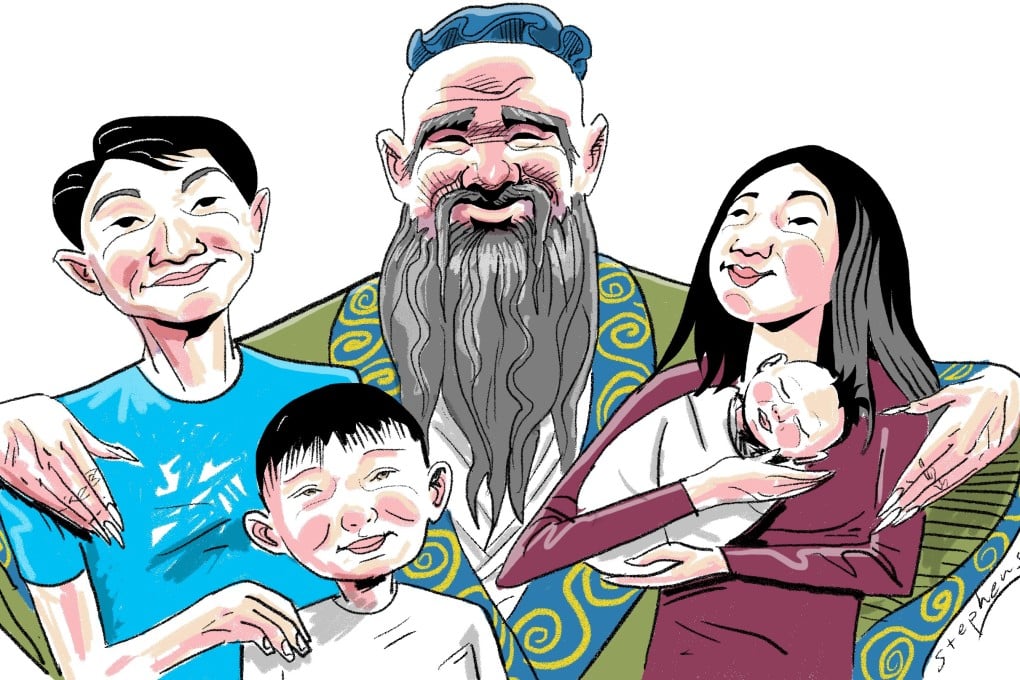Opinion | To raise the birth rate, China should rely on its own tradition of a strong, stable family, rather than follow the permissive West
- A proposal to encourage more women to have children out of wedlock is not the solution for a society that values a strong family. Instead, China should improve its support system for families to have more babies, including by expanding parental leave and lowering the cost of living and raising a child

China’s falling fertility poses a big hurdle to the “Chinese dream” – President Xi Jinping’s plan to boost economic opportunity for ordinary Chinese by mid-century. That’s because fewer workers usually translates into lower growth and less economic dynamism.
To boost fertility, some civic groups, scholars and lawmakers in China are calling for a more welcoming approach to out-of-wedlock births. They would like to take a page from the West’s more permissive approach to parenthood and overturn China’s long-standing norm against non-marital childbearing in the hope of increasing the birth rate.
Instead of encouraging women to have more children out of wedlock, however, China needs to do more to make marriage and family life appealing. When it comes to renewing family life for the future, China is better off honouring its Confucian heritage of strong and stable families.
There are good reasons for this. First, we know that it takes a lot of time and money to raise children these days, and it is much harder to raise children well with just one parent. And recent research on children from low-income families, led by Harvard economist Raj Chetty, shows that in addition to factors such as economic and racial segregation, communities with lots of single parents in America have low rates of economic mobility and high rates of incarceration.
